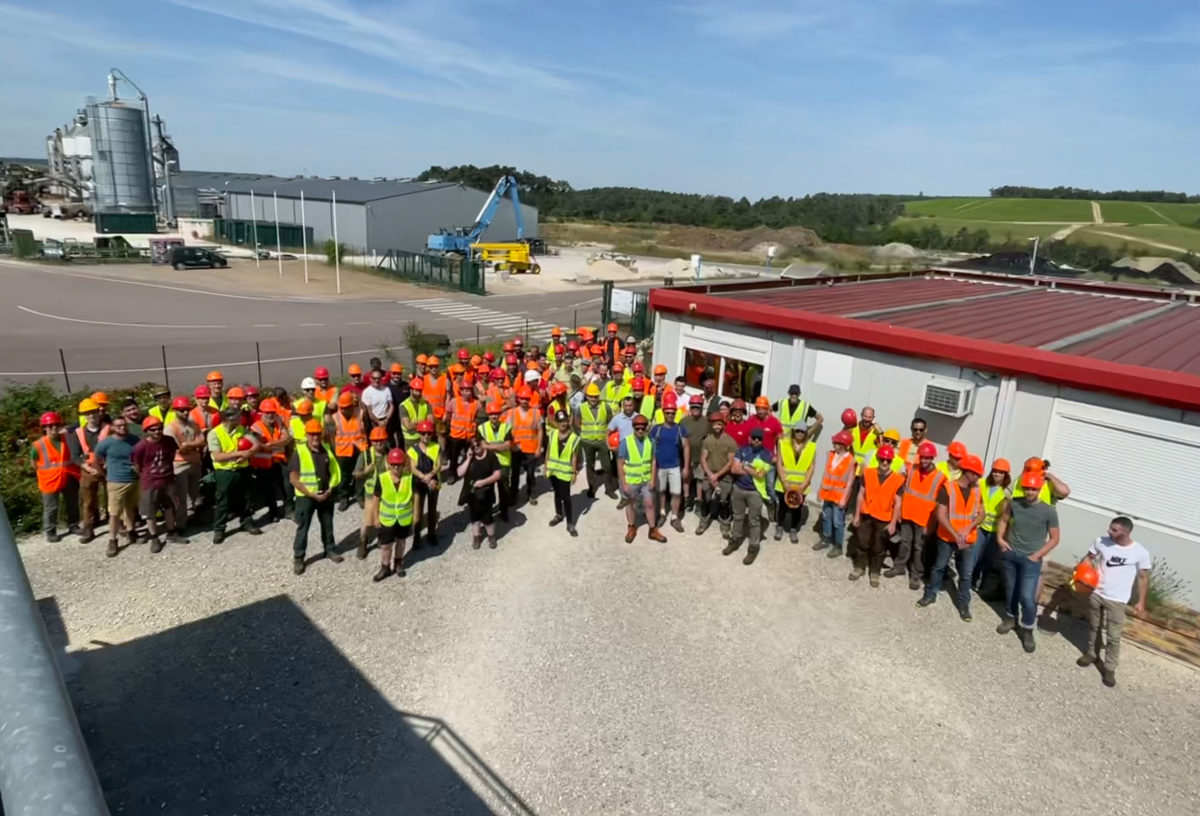About project
The project uses low-quality wood from forestry operations, such as diseased or thinned trees and sawmill waste and converts it into biochar through its pyrolysis program. Flue gas from the pyrolysis process is reused to generate electricity that powers the facility, with excess supplied to the local grid. Apart from agricultural applications, the project also pioneers the use of biochar in construction materials like concrete, enhancing strength and durability while permanently storing carbon.
About supplier
SOLER Group is a French company founded in 1993 that offers technological solutions to contribute towards achieving global net zero. Using its patented technology, Soler develops biorefineries that transforms wood residues into charcoal, biochar, and energy. Thus, providing solutions to agricultural, horticultural and industrial sectors. The Group now operates three biorefineries, while generating renewable electricity.
Benefits of project and method
- Offers ex-post credits, meaning that the carbon has already been removed and has been verified by Carbon Check according to ISO 14064-2:2019.
- Biochar is a permanent removal method that last for hundreds of years.
- Uses low-quality wood from forestry operations, such as diseased or thinned trees and sawmill waste.
- The project annually produces 27,046 MWh of renewable energy, with 652 MWh sold to the grid, reducing external fuel dependency and enhancing local energy resilience.
- When applied to the soil, biochar enhances soil health and resilience by improving water retention and reducing runoff and erosion.
- The credits are certified by Rainbow, a third party registry, endorsed by ICROA and is pursuing CORSIA and ICVCM accreditation.
- Sinks are tracked by coordinates; combustion is monitored to prevent pollutant release. Feedstock is verified through site visits, and biannual PEFC & SBP audits ensuring compliance with PEFC and RED II standards.
- To mitigate the risk of reversal, 3% of the total removals are allocated to a buffer pool before issuance.
- Invested into R&D initiatives, collaborating with INRAE Montpellier to study biochar’s effects across different soil types, validated through field trials with a Bordeaux winemaker.

